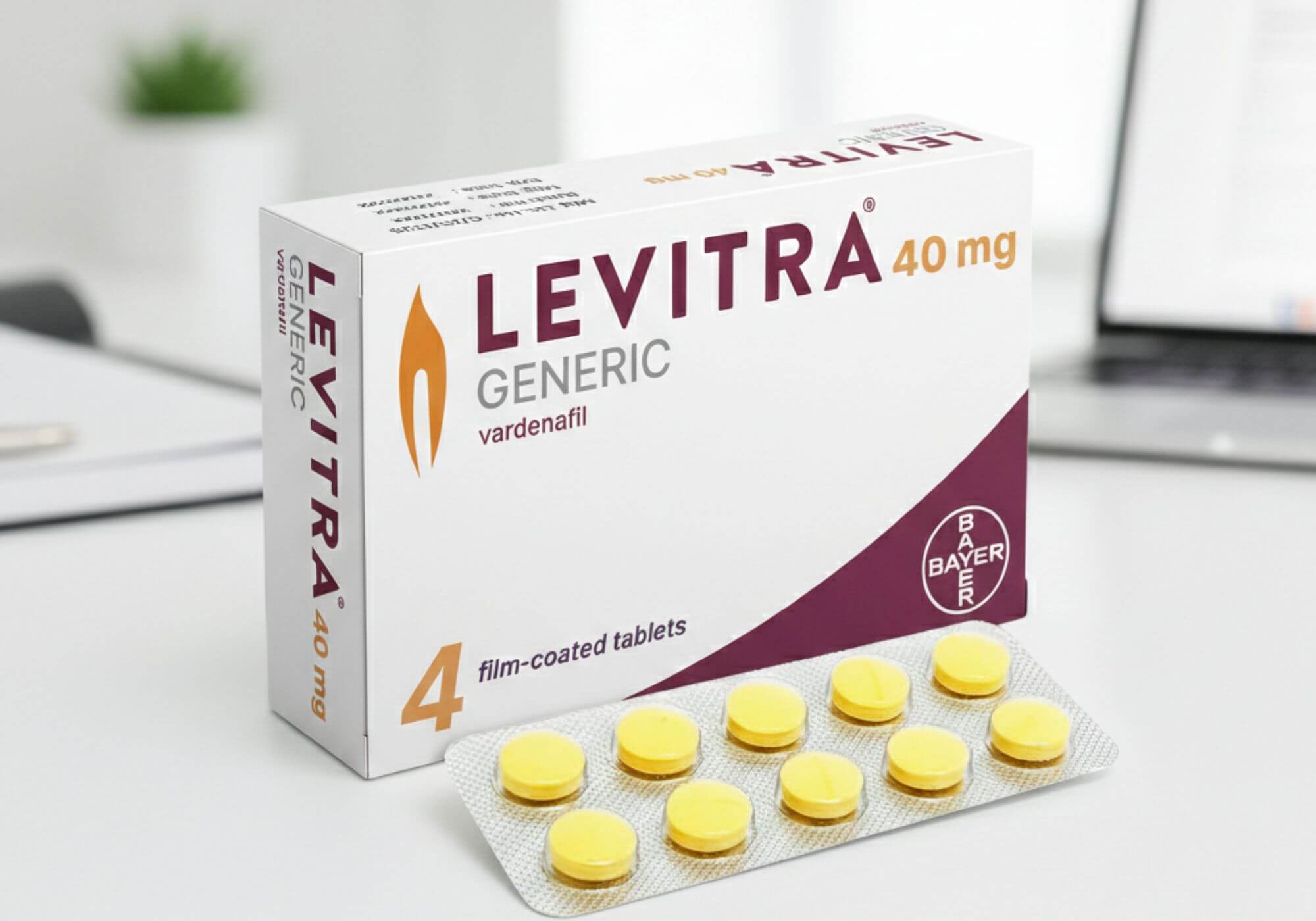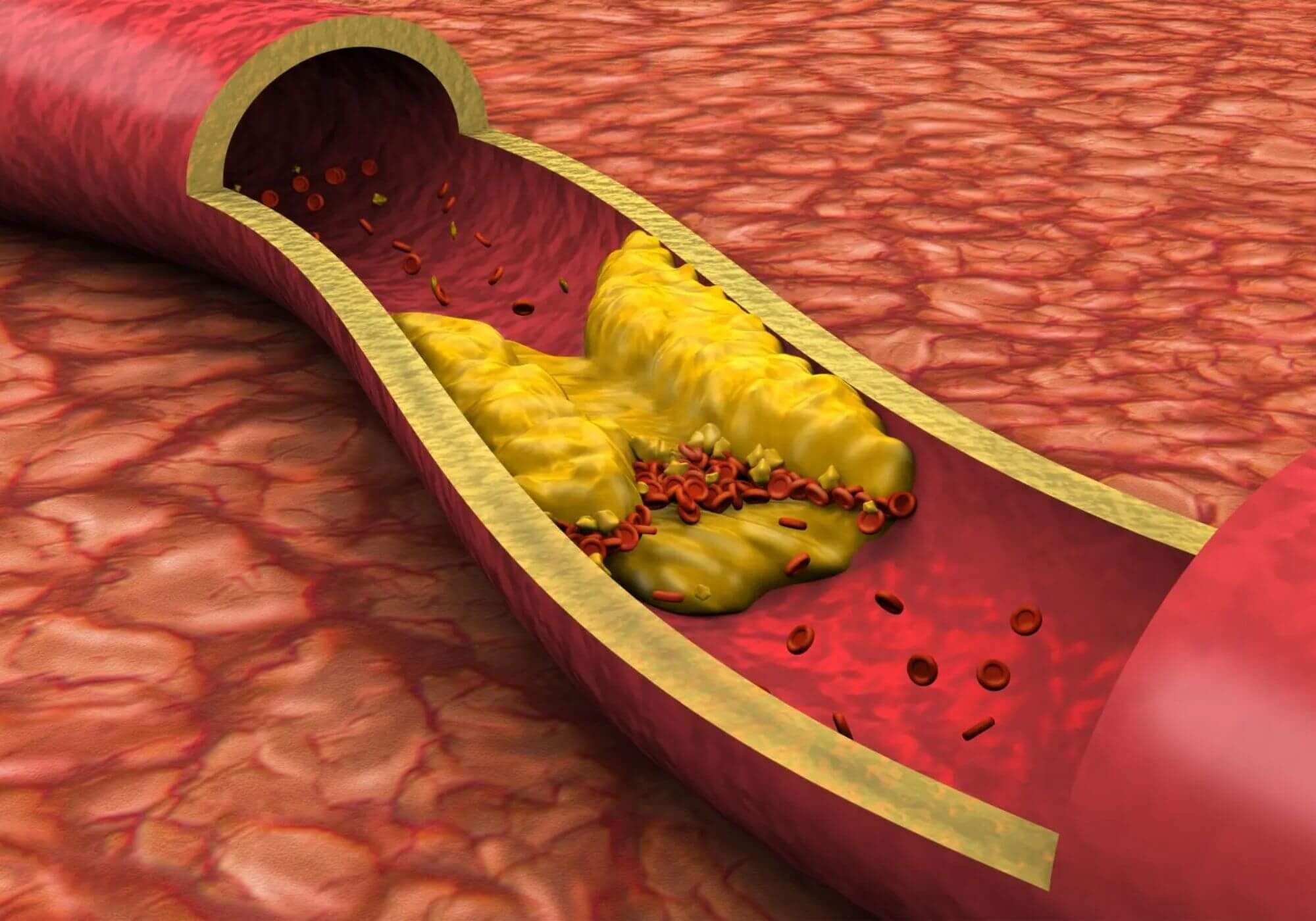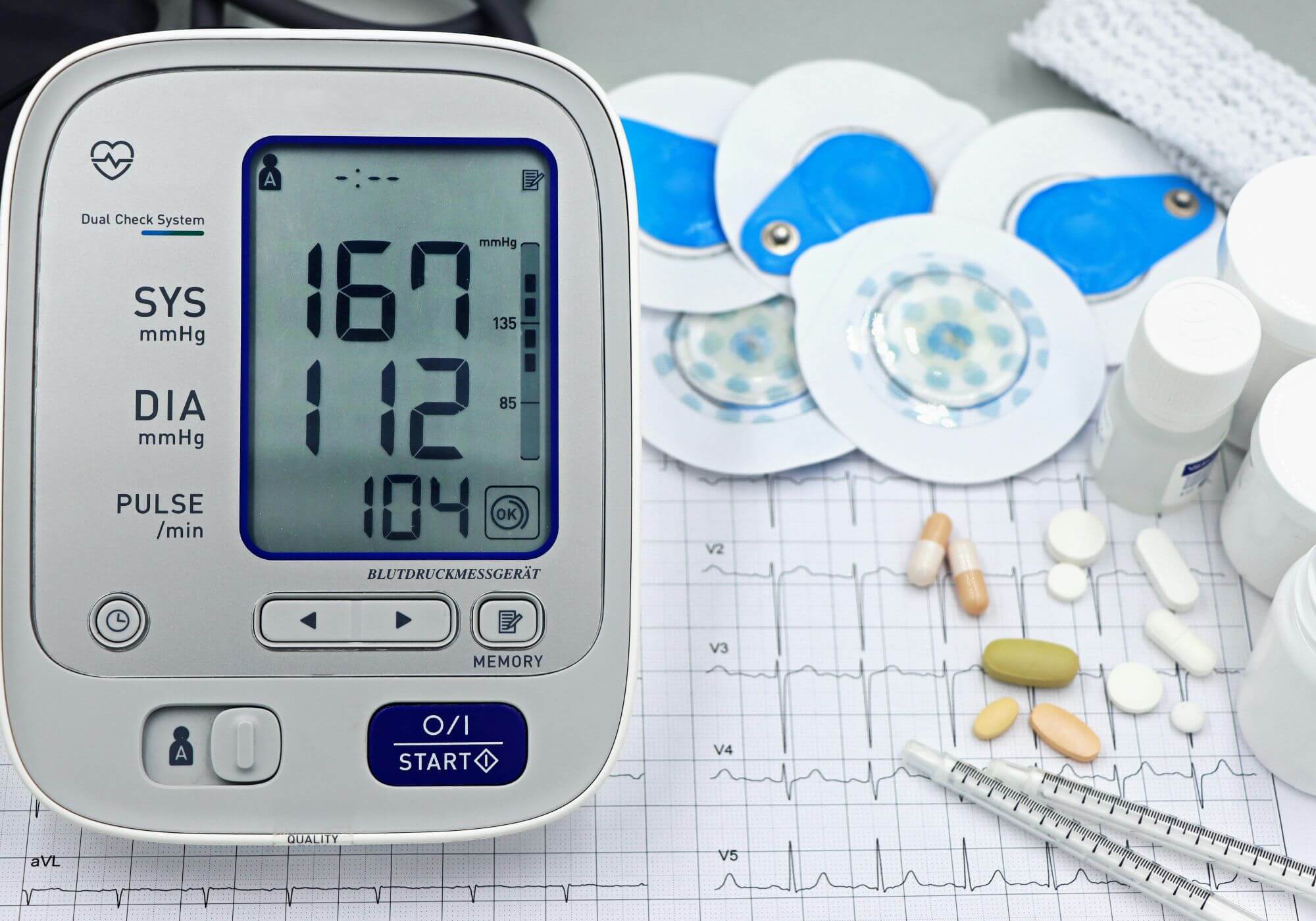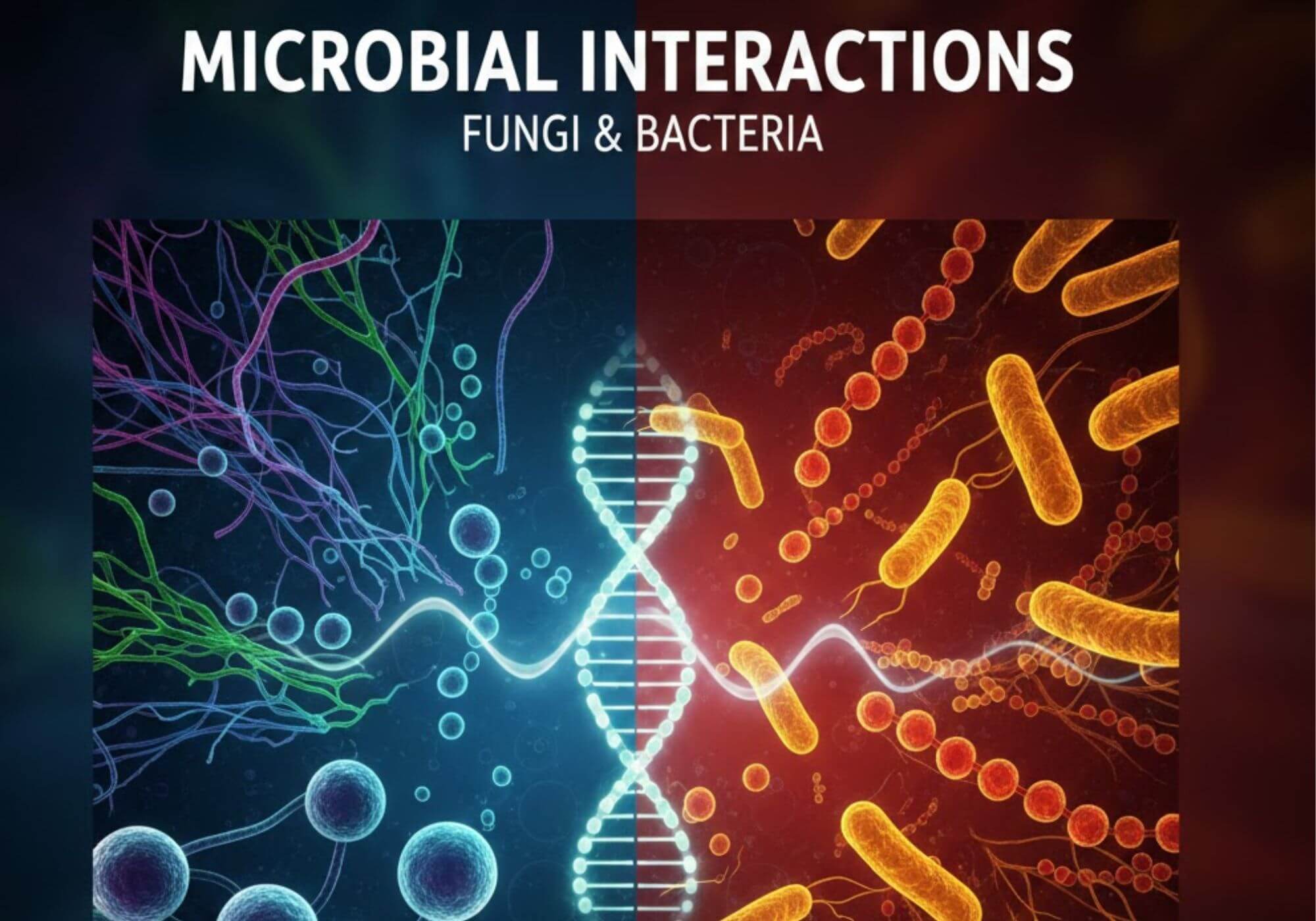Climate Change Health Effects: What Doctors Want You to Know?
Written By - Cade Harrington
on November 26, 2025
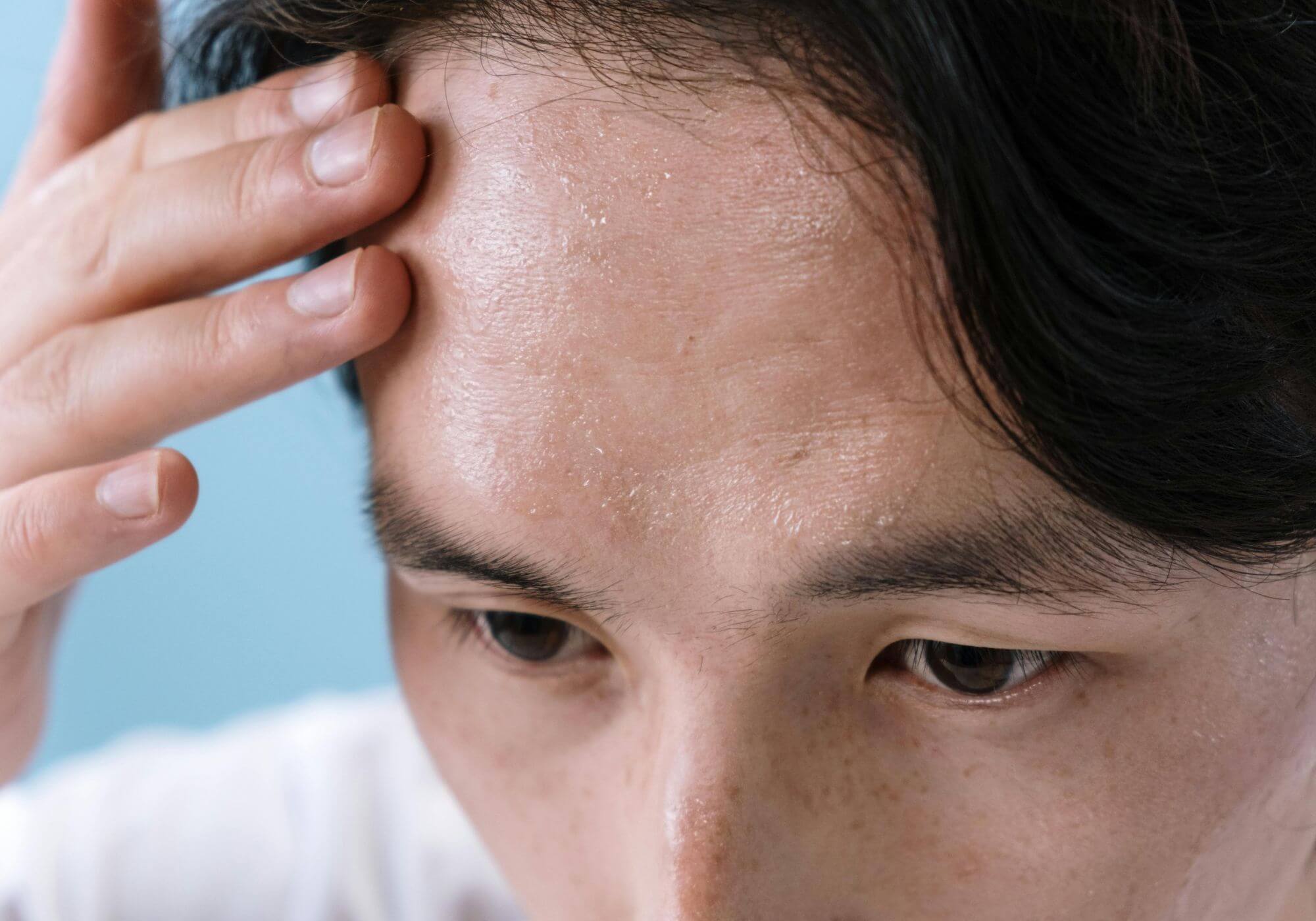
Climate Change Health Effects: What Doctors Want You to Know
Climate change is no longer just about melting ice caps or confused polar bears wandering around. It’s officially a you-and-your-health problem now. Doctors worldwide are raising their eyebrows, clearing their throats, and saying, “Please pay attention.” The climate change health affects you keep hearing about are already showing up in your daily life, even if you have not noticed them yet. Rising temperatures, unpredictable seasons, increased humidity, and shifting disease patterns are quietly teaming up to challenge your body in ways you may not expect.
Today, we are breaking down how climate chaos is affecting your allergies, skin, sleep, immunity, kidneys, and overall mood. This post is fun, slightly dramatic, and packed with practical advice you can apply immediately. If doctors say climate change is now a health crisis, then you deserve to understand exactly what is going on inside your body.
So, grab a cool drink, crank up your fan, and let’s explore what the climate is doing to your health. Because if your body is reacting strangely every season, you might not be imagining things at all.
Section 1 — Allergies Gone Wild: Why Every Season Feels Like Pollen Season ?
You may have noticed that allergy season somehow refuses to end, and your nose seems determined to audition for a crying-scene movie role. Doctors say warmer temperatures are making pollen grains more powerful, more aggressive, and ready to attack you for longer months. Longer warm seasons mean plants produce more pollen, and that means allergy misery stretching far beyond spring. This trend is becoming one of the most noticeable climate change health effects for people with hay fever.
If you deal with sinusitis or asthma, you already know this story well. Heat and humidity trap allergens in the air, making every breath feel heavier. You may find yourself sneezing in July, coughing in October, and rubbing itchy eyes in December. Researchers point out that plants release pollen earlier each year, and also release higher quantities than before. It is like pollen took a gym membership and got buff at your expense.
Doctors now warn that asthma attacks are becoming more frequent because hotter air worsens airway inflammation. When heat combines with outdoor pollution, your airways respond instantly. You might feel chest tightness on days that used to feel pleasant. For people with chronic allergies, these changes are exhausting. But you can protect yourself by monitoring pollen forecasts, wearing masks outdoors on high-pollen days, and using a good air purifier at home. Staying indoors during peak pollen hours helps too. Small changes reduce the symptoms than you think.
Section 2- Rise in Skin Problems: Bacterial Issue
Climate change is a troublemaker as it makes the skin feel itchier and oilier which is more irritated than usual. The increase in the heat and humidity creates the environment which gives birth to the bacteria and fungi. More heat rashes gives more fungal infections and more skin conditions like eczema. When the weather feels sticky, bacteria multiply faster and settle on your skin with surprising enthusiasm. These climate change health effects are affecting people of all ages.
Doctors are seeing a rise in fungal infections that used to appear mainly in tropical areas. Now they are popping up in cities with milder climates. Moisture and excessive sweating get trapped in the skin folds and creates the hotspots for irritation. Even acne behaves differently because higher temperatures increase oil production. If your skin breaks out more during heat waves, you are not alone. It is your skin reacting to a climate that refuses to calm down.
You can reduce these issues by keeping your skin dry, switching to breathable clothing, and using gentle cleansers during warmer months. Avoiding heavy creams on humid days can help your pores breathe. Showering after heavy sweating prevents bacterial buildup too. Staying hydrated keeps your skin barrier strong and healthy. A little routine upgrade makes a huge difference, especially as the planet continues warming. Your skin simply needs more support now than before.

Section 3 — Infections on the Move: New Diseases in New Places
Diseases that once stayed in specific regions have now started traveling, and climate change opened the door for them. Rising temperatures allow mosquitoes and other disease-carrying insects to survive in places they never lived before. Doctors are observing dengue, malaria, and Zika creeping into cooler regions, something considered impossible years ago. This is one of the most alarming climate change health effects, and it is growing faster than expected.
Warmer climates help mosquitoes breed faster, bite more often, and live longer. That means infections spread more easily and reach more people. Even areas with no previous mosquito concern are now experiencing seasonal outbreaks. If your city has suddenly started reporting dengue cases, climate shifts are probably the reason. Changing rainfall patterns contribute too, because stagnant water helps mosquitoes multiply.
To protect yourself, use mosquito repellents, keep your surroundings dry, and cover your skin during peak mosquito hours. Window screens and insect traps can help reduce indoor bites. Doctors recommend staying alert during seasonal transitions because insects become more active as temperatures fluctuate. Preventing bites is still the best way to prevent infections. Being aware of changing disease patterns can keep you safer throughout the year.
Section 4 — Kidneys at Risk: Dehydration & Heat Are a Dangerous Duo
When the summer sun beats down, we usually worry about sunburn or feeling faint, right? But tucked away, your kidneys are quietly taking a serious hit from the heat. Think of them as your body’s vital filtration system—and heat is their enemy.
When the temperature soars, we sweat—a lot. If you don’t keep up with your fluid intake, you quickly slip into dehydration. Your kidneys have to work twice as hard with half the resources.
It’s like trying to rinse a muddy sponge with just a thimble of water.
This imbalance is a recipe for trouble. Doctors are increasingly linking rising global temperatures to a spike in kidney problems. For instance, kidney stones absolutely love hot weather. Without enough water to dissolve them, the minerals in your urine start clinging to each other, forming painful, solid clumps. People who barely had an issue before are now suffering agonizing stone episodes every summer.
And it’s not just stones. That concentrated urine is also the perfect breeding ground for bacteria, leading to nasty urinary tract infections (UTIs). Even a little dehydration makes you feel completely run down—that tired, bloated, and cranky feeling? That’s often your kidneys and the rest of your body crying out for a drink.
The Simple Fix: Sip, Don’t Gulp
The solution is deceptively easy: don’t wait until you’re thirsty! Thirst means you’re already behind. Make it a habit to constantly sip water throughout the day, especially when you’re active or outdoors. You can also “eat your water” with hydrating heroes like watermelon, cucumber, and oranges. And try to cut back on things like coffee, energy drinks, and sugary sodas; they can actually dehydrate you more.
In a world of increasing heat waves, a few small, consistent habits can save your kidneys from serious stress and keep your entire body running like a well-oiled machine. It’s truly a case where prevention is the best, and simplest, medicine.
Section 5 — Sleep Under Siege: Hot Nights = Bad Sleep = Bad Health
If you toss and turn through the night, sweating and flipping your pillow repeatedly, you are experiencing another climate-driven disruption. Hot nights are becoming more common because the planet retains heat longer than before. Doctors say poor sleep is now one of the overlooked climate change health effects impacting mental health, immunity, and hormone balance. Your body needs cooler temperatures to enter deep sleep, but rising nighttime heat makes that difficult.
When you sleep in a warm room, your core temperature remains high and your brain cannot reach restorative sleep cycles. You wake up tired, cranky, and unfocused. Poor sleep increases cortisol levels, which affects your mood and weakens immunity. People with anxiety or hormonal issues feel this even more intensely. Heat makes the condition worst for sleep apnea, and this leads to more interruptions throughout the night.
Keep your room well-ventilated to improve your sleep with breathable bedding and avoid heavy meals before bedtime. Cool your body with shower or even a damp towel. Keep the lights dim during the evening and this also signals your brain to relax. Your sleep quality affects your whole day, so treat it as a priority.
Section 6 — Smart Lifestyle Upgrades: Fight Climate Impact on Your Body
Let’s face it: you can’t magically stop a heatwave or a smoke advisory. The climate is changing, and while we can’t control the weather outside, we have total control over how we respond to it. Think as a personal defence system towards the climate change and daily health attacks. Doctors aren’t recommending huge, impossible overhauls—just smart, small lifestyle upgrades.
These adjustments help your body to stay resilient and balanced in any climate condition. Sip water continuously and select the cooling foods such as cucumber and watermelon. Wear lightweight and breathable fabrics and let your body regulate the temperature easily.
Your home is your sanctuary, so keep it healthy. Make sure you have good ventilation to reduce humidity and fight off mold—a major lung irritant. On those days when the pollen count is skyrocketing, an air purifier can be a game-changer for your sinuses. If you have to venture out on a hazy or polluted day, a mask isn’t just for illness; it helps filter out those nasty irritants.
What you put in your body matters, too. Load your colorful fruits and vegetable as they are full of nutrients and they immune your system. Some activities such as gentle walk, stretching or meditation help your body recover from the constant stress of environmental change.
Check local updates for air quality, heat alerts, and pollen counts. Knowing what’s coming allows you to plan your day wisely. Don’t forget your sunscreen, which protects your skin from both heat stress and UV damage. These small, consistent steps—like enjoying a minty yogurt or a fresh salad—won’t stop the climate from changing, but they will absolutely help you feel healthier, more energetic, and ready to thrive despite it.
More Blogs


